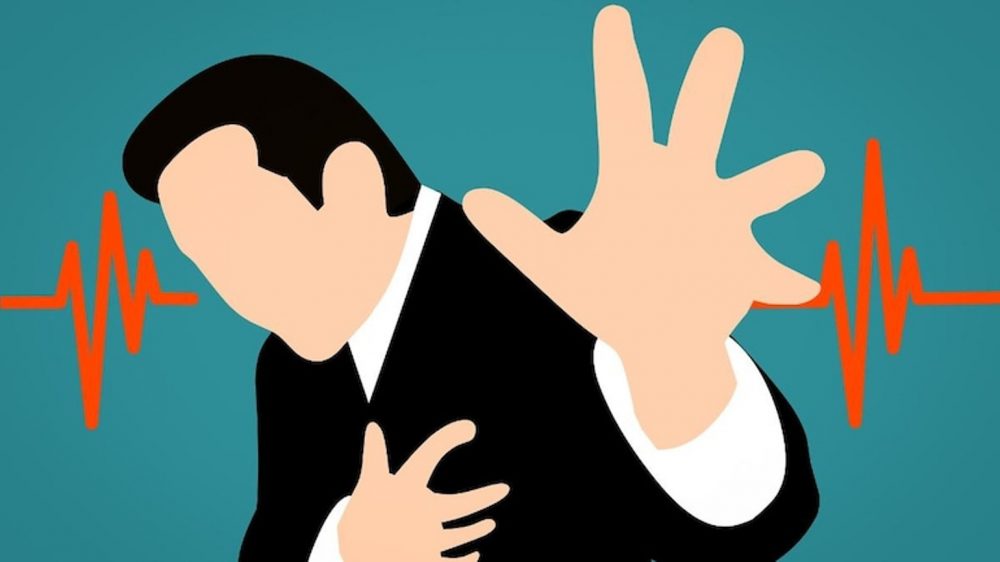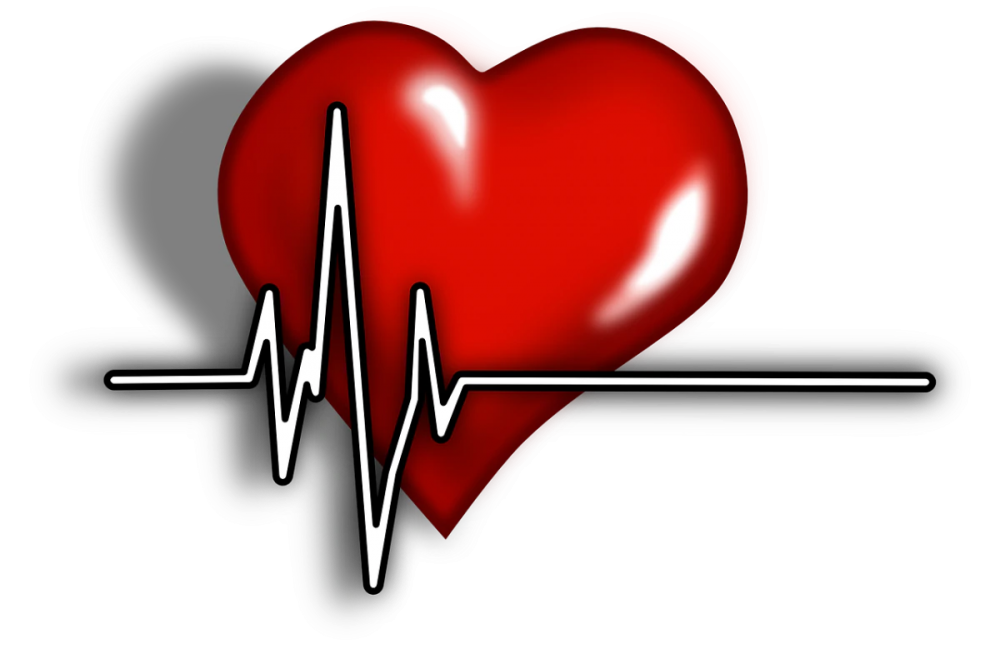Heart attack and Sudden cardiac arrest: What is the difference?
Heart attack and SCA are the two types of cardiovascular diseases. A heart attack occurs when the blood vessels that are supplying oxygen to the heart are blocked resulting in chest pain, whereas a sudden cardiac arrest happens when erratic heartbeats stop the heart, leading to sudden death.
Heart attack and SCA are the two types of cardiovascular diseases. A heart attack occurs when the blood vessels that are supplying oxygen to the heart are blocked resulting in chest pain, whereas a sudden cardiac arrest happens when erratic heartbeats stop the heart, leading to sudden death.

India is deemed to be the cardiac capital of the world with 1 person being affected by a heart disease every 4 minutes. In India, half of all reported heart attacks caused due to cardiovascular diseases occur in people under 50 years of age; of this 25% occur in those below 40 years. Not only is our number of cardiovascular patients rising rapidly, but the disease is also afflicting younger people in their peak years of life.
According to Medicircle, it has been observed that the increasing burden of cardiovascular disease is associated with an alarming rise in the prevalence of risk factors like diabetes, hypertension, atherogenic dyslipidemia, smoking, central obesity and physical inactivity.
Understanding heart attack vs sudden cardiac arrest (SCA)
Heart attack and SCA are the two of the most common types of cardiovascular diseases and most people are unable to differentiate between the two conditions. A heart attack occurs when the blood vessels that are supplying oxygen to the heart are blocked resulting in chest pain, whereas, a sudden cardiac arrest happens when erratic heartbeats stop the heart, leading to sudden death.
An SCA is an electrical problem and a heart attack is a circulation problem. The human heart beats at the rate of 60-100 beats per minute and any fluctuation in this rate, either too slow or too fast is referred to as cardiac arrhythmia. Therefore, those experiencing a sudden increase in heart rate or those who are genetically prone to heart diseases can experience fatal arrhythmia.
SCA and heart attack are linked and the former can occur post a heart attack or during recovery. Heart attacks increase the risk for SCA- most heart attacks do not lead to SCA but when it occurs, a heart attack is a common cause. Other heart conditions such as thickened heart muscle (cardiomyopathy), heart failure that disrupts the heart’s rhythm can also lead to SCA.
Warning signs
Sudden cardiac arrest: Warning signs can appear up to two weeks before the cardiac arrest actually takes place. One of the most common symptoms in men is chest discomfort, while shortness of breath is the common warning sign in women. Experiencing unexplained fainting or dizziness, fatigue or a racing heart are also signs of an SCA.
Many people may complain of flu-like symptoms as well. These symptoms complicate the reporting and prevention process. SCA is mostly accompanied by an immediate and drastic sudden collapse, no pulse, no breathing and loss of consciousness.
Heart attack: Some heart attacks are sudden and strong, but most start slowly with mild chest pain and discomfort. Chest pain or constricting feeling in the chest is the most common sign of heart attack that lasts for more than a few minutes – it may be continuous or it may disappear and reoccur.
Another common sign is discomfort in other parts of the upper body and the symptoms include pain or discomfort in one or both arms, the back, neck or stomach. Other signs may include, shortness of breath, breaking out in a cold sweat, nausea or lightheadedness.

Risk factors
Sudden cardiac arrest: Sudden cardiac arrests are often linked with coronary artery disease, that put you at risk of sudden cardiac arrest include:
- A family history of the condition
- Smoking
- High blood pressure and cholesterol
- Obesity
- Diabetes
- A deskbound lifestyle with inadequate physical activity
- A genetic disorder in ECG
- Heart failure
Heart attack:
- Age: men older than 45 or and women older than 55 are more likely to have a heart attack but this is no longer true
- Consumption of tobacco
- High blood pressure and high cholesterol
- Obesity
- Diabetes
- Lack of physical activity
- Stress
Prevention measures
Sudden cardiac arrest: Reduce your risk of sudden cardiac arrest by-
- Undergoing regular medical checkups to monitor your heart health
- Undergoing screening for heart diseases
- Leading a healthy lifestyle with a well-balanced diet and adequate physical exercise
Heart attack: Lifestyle changes are one of the most effective ways to prevent a heart attack-
- Eat a balanced diet
- Quit smoking
- Exercise daily at least for 45 mins
- Avoid consumption of alcohol
- Keep your blood pressure in check
- Avoid stress
- Get adequate sleep

